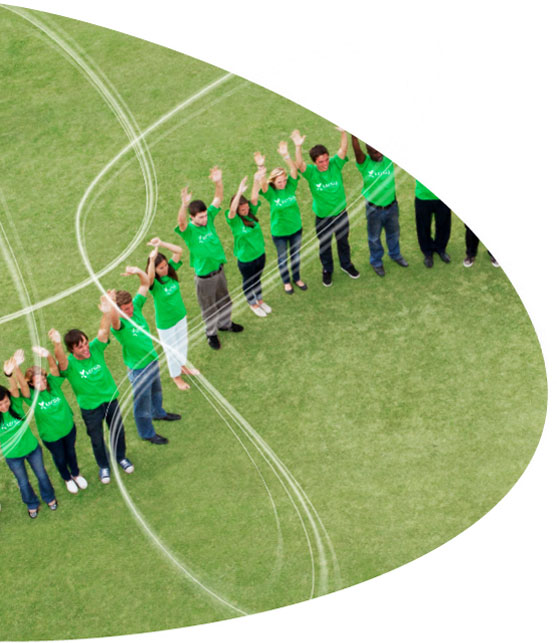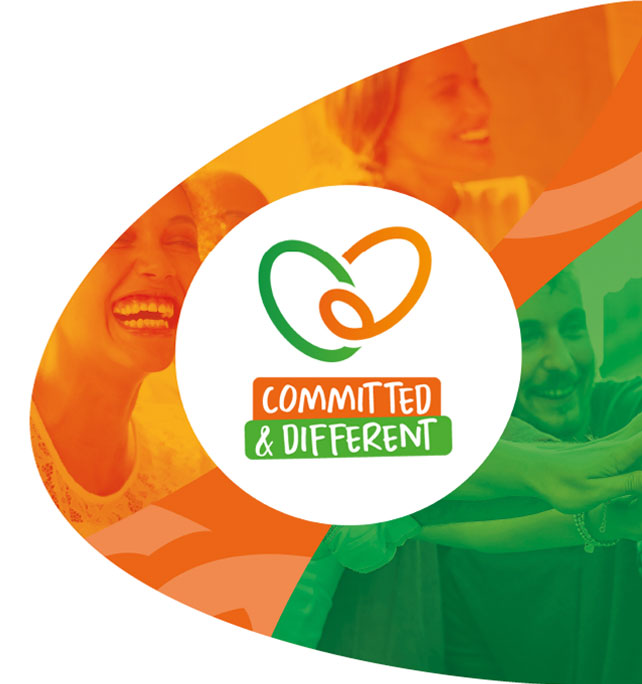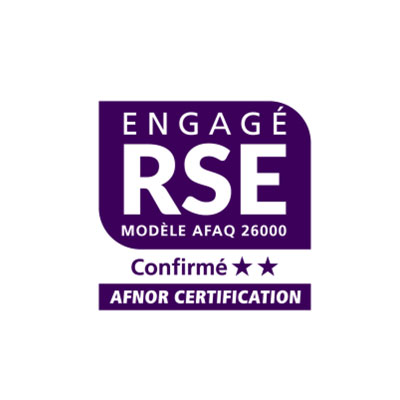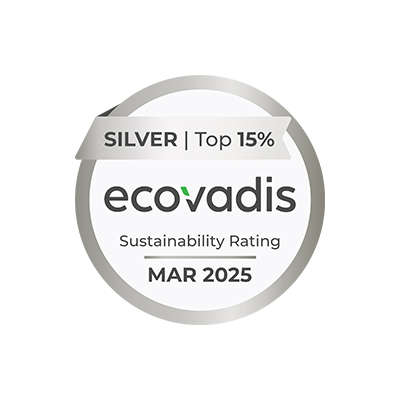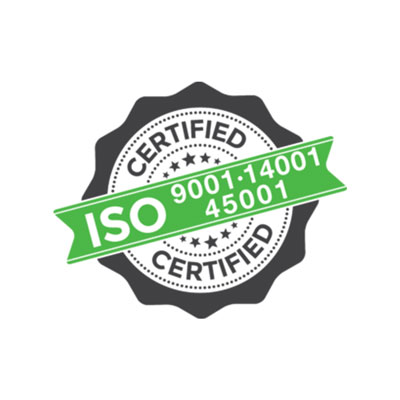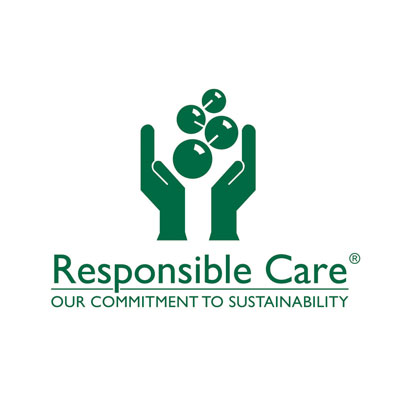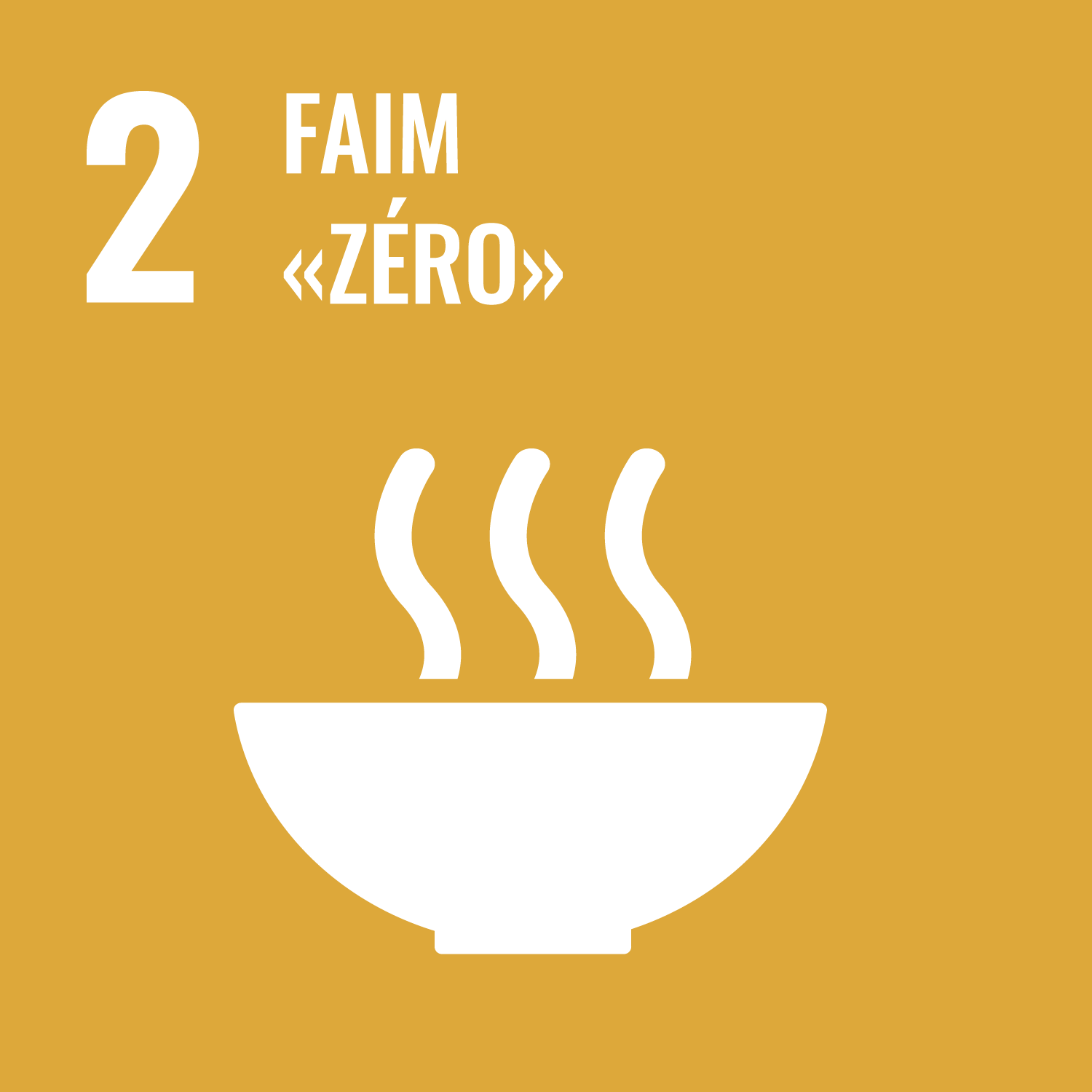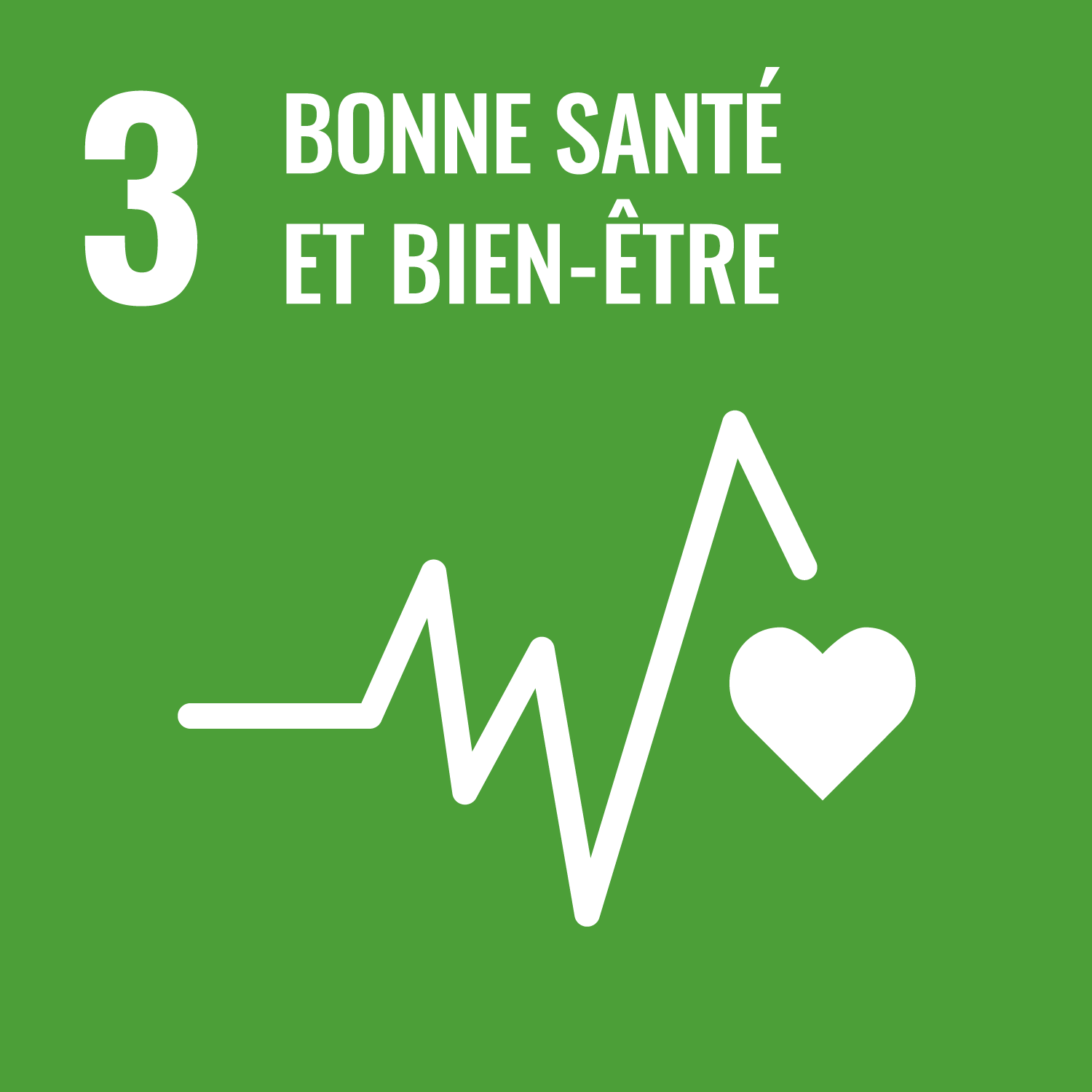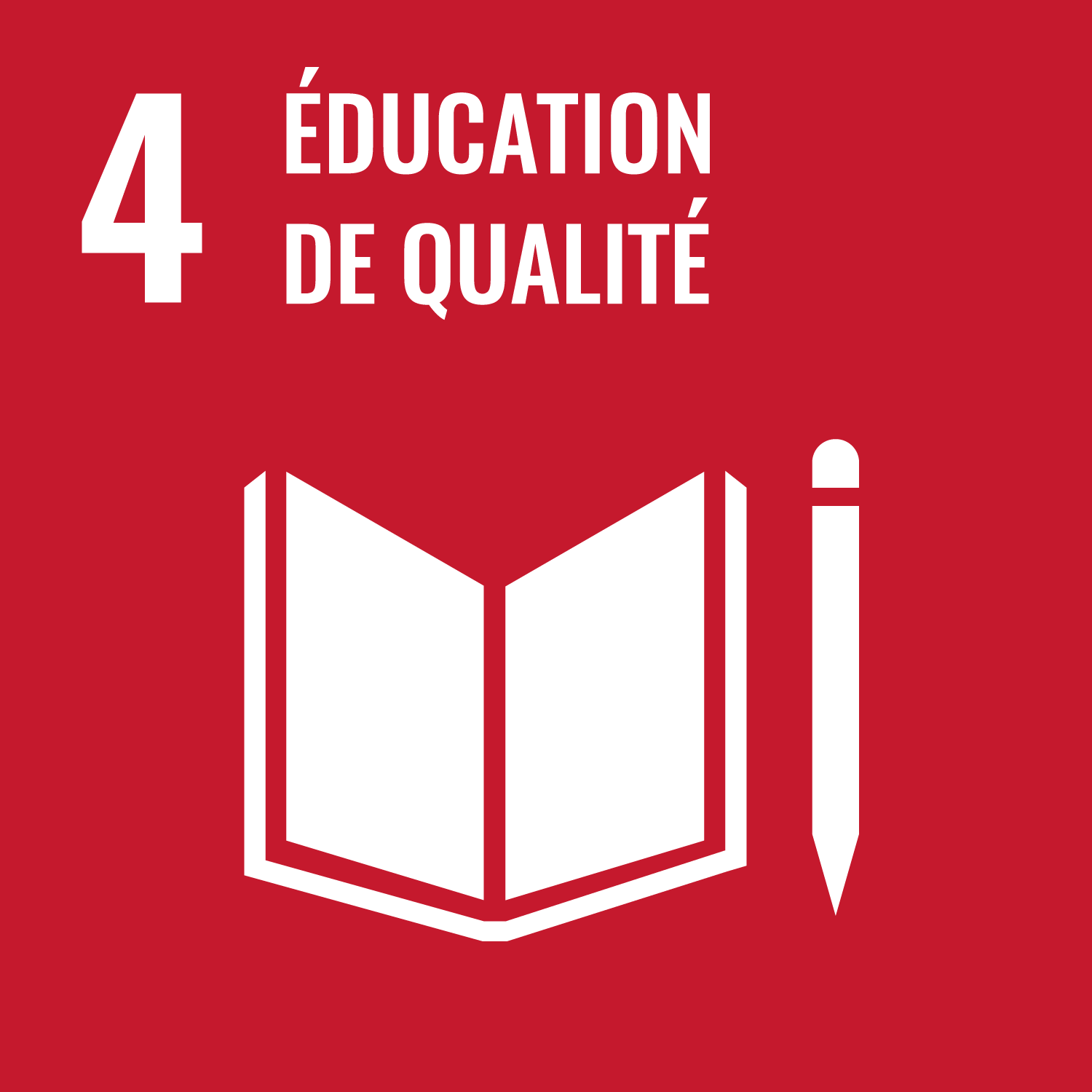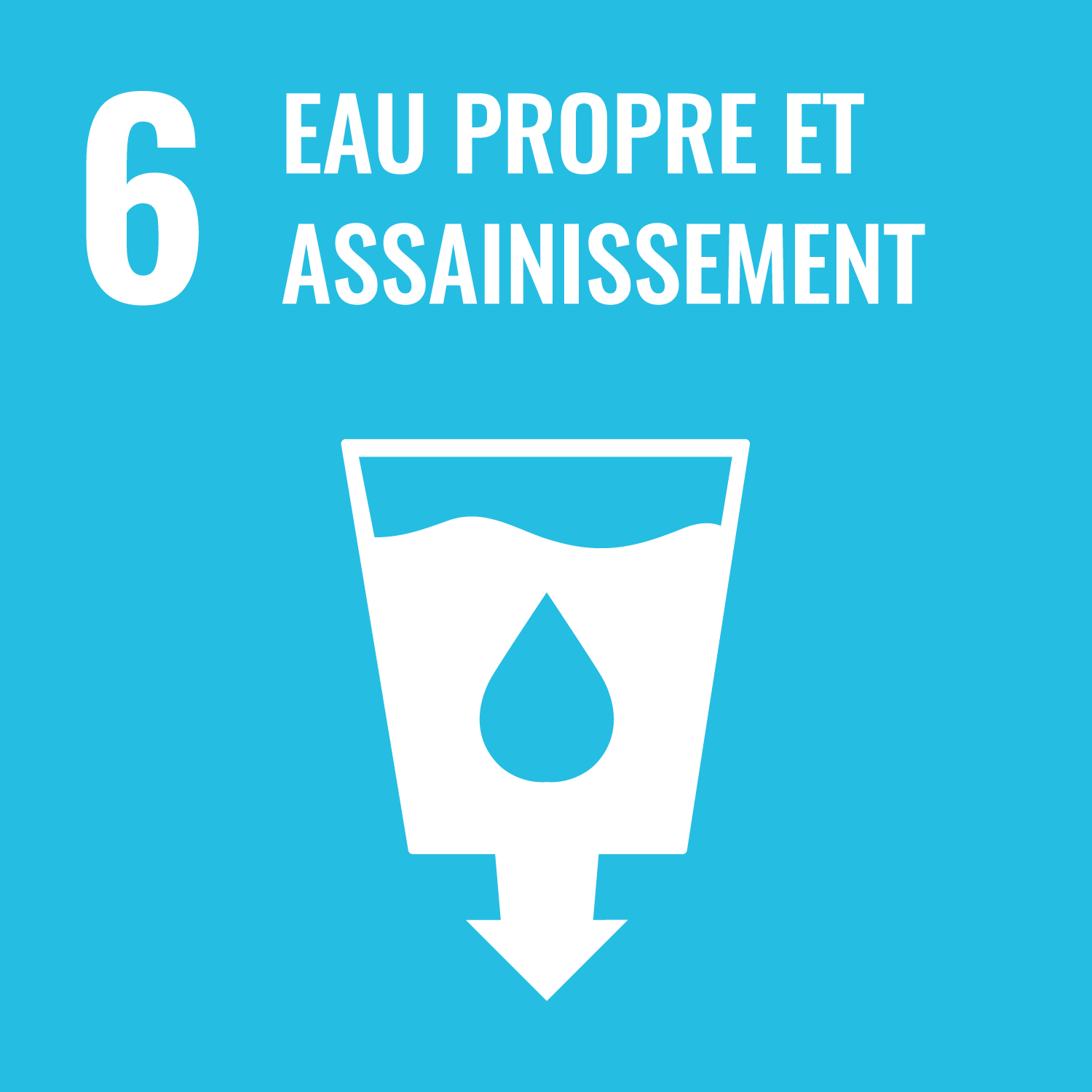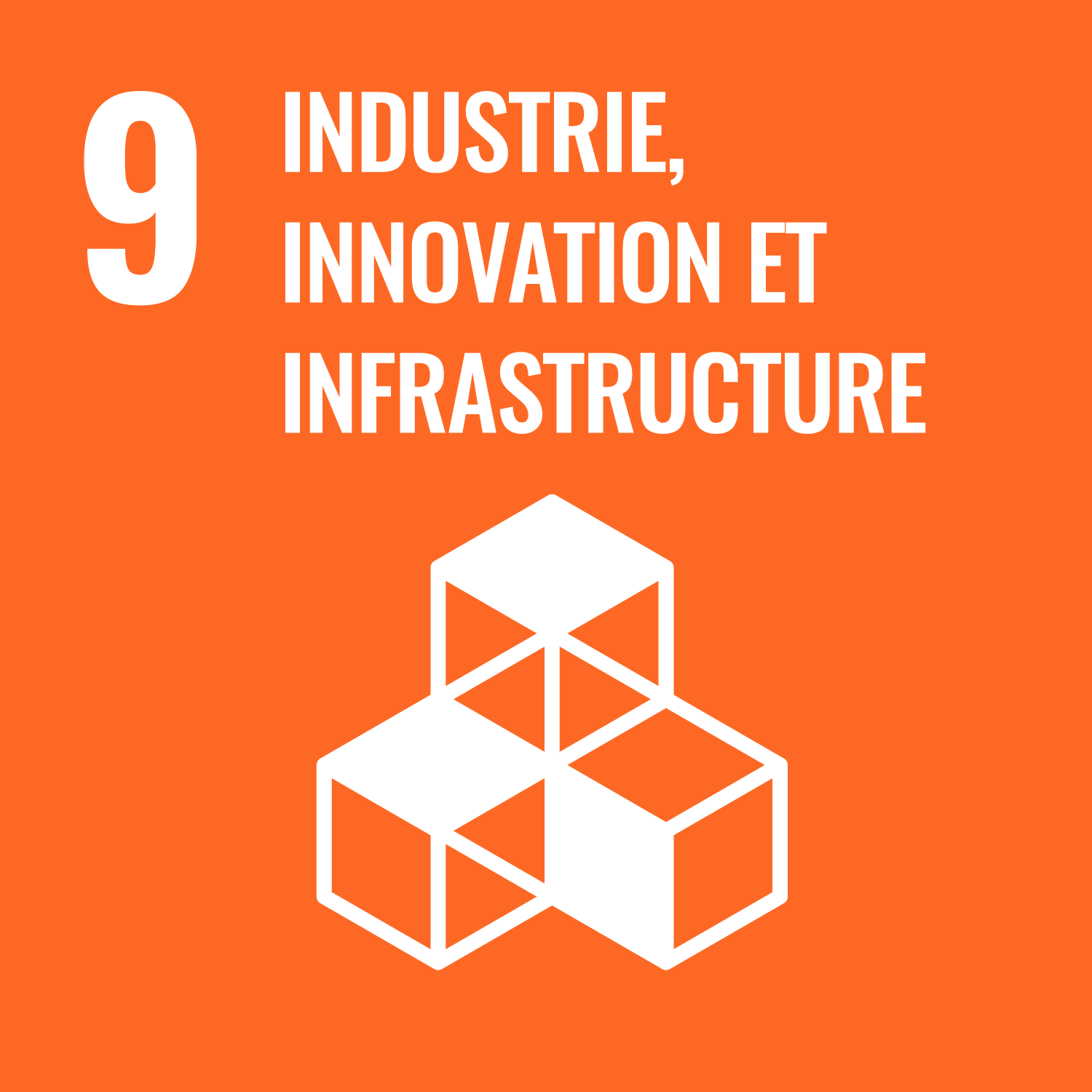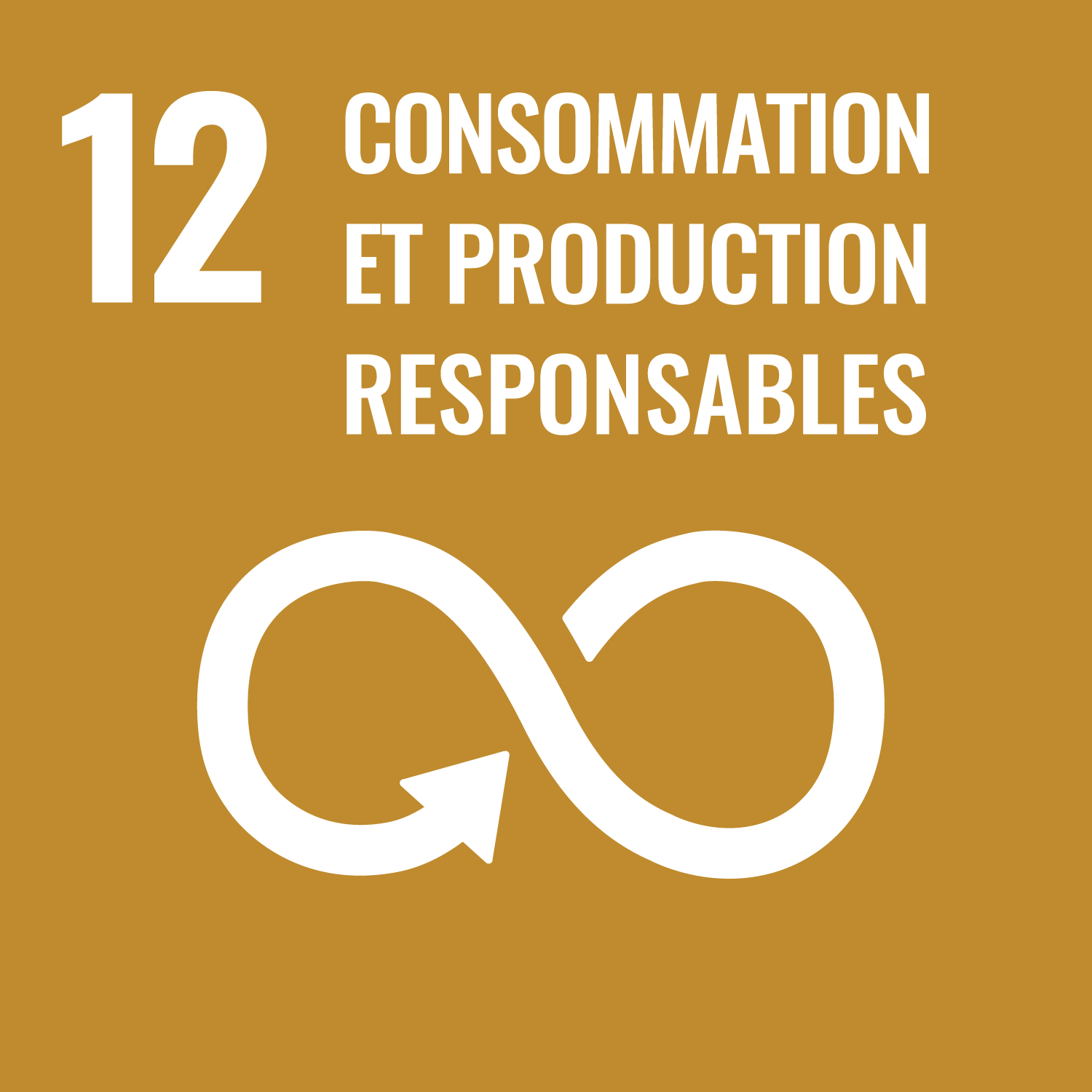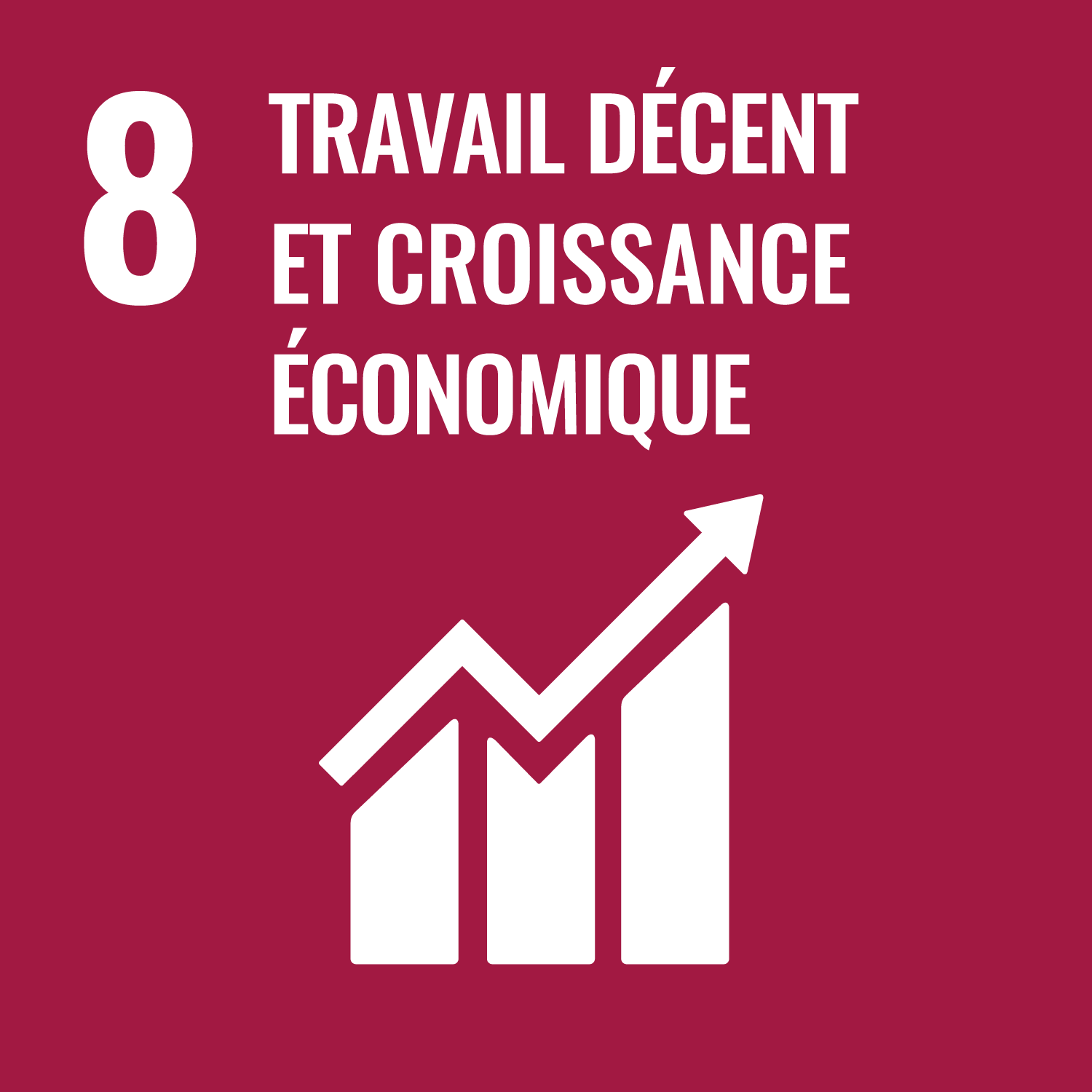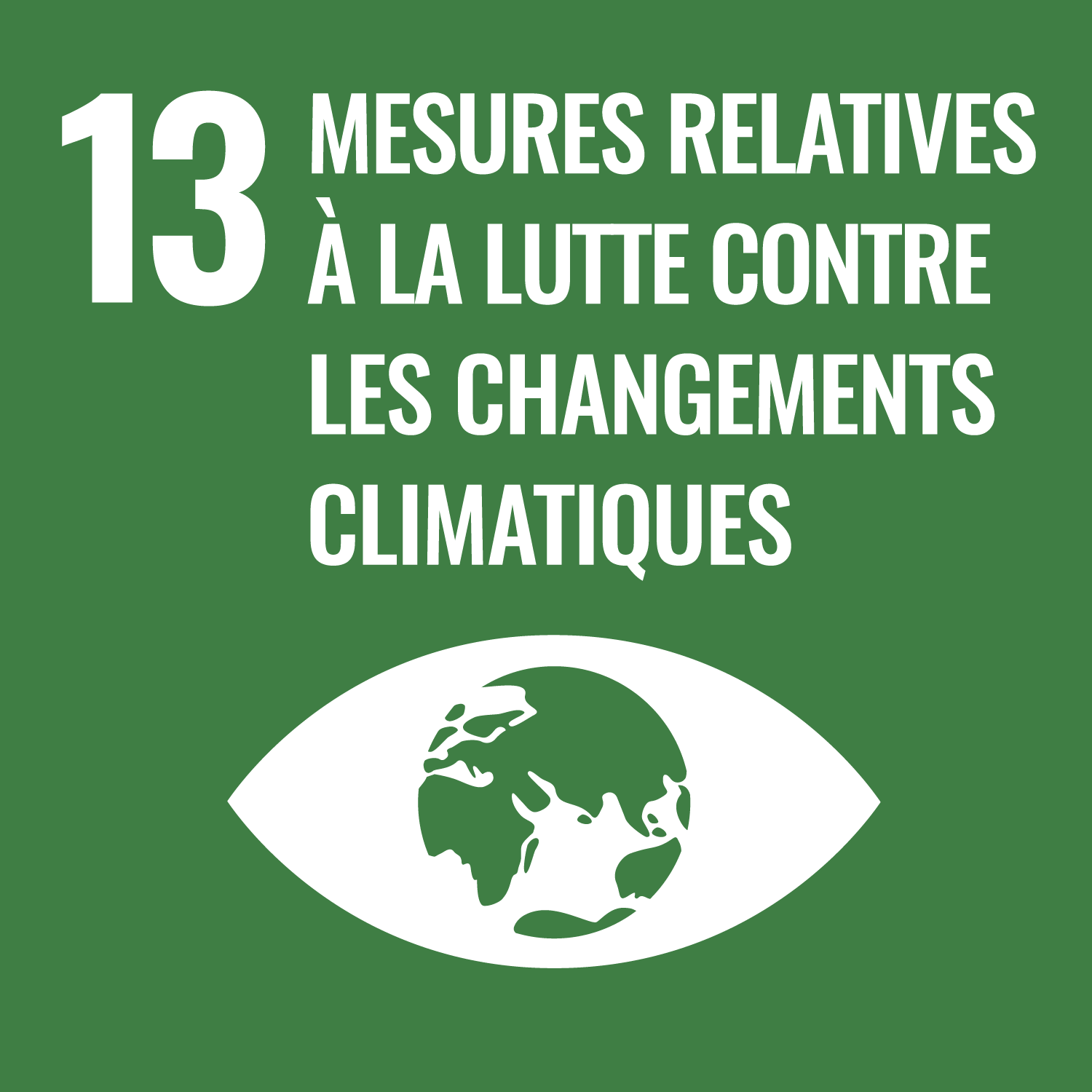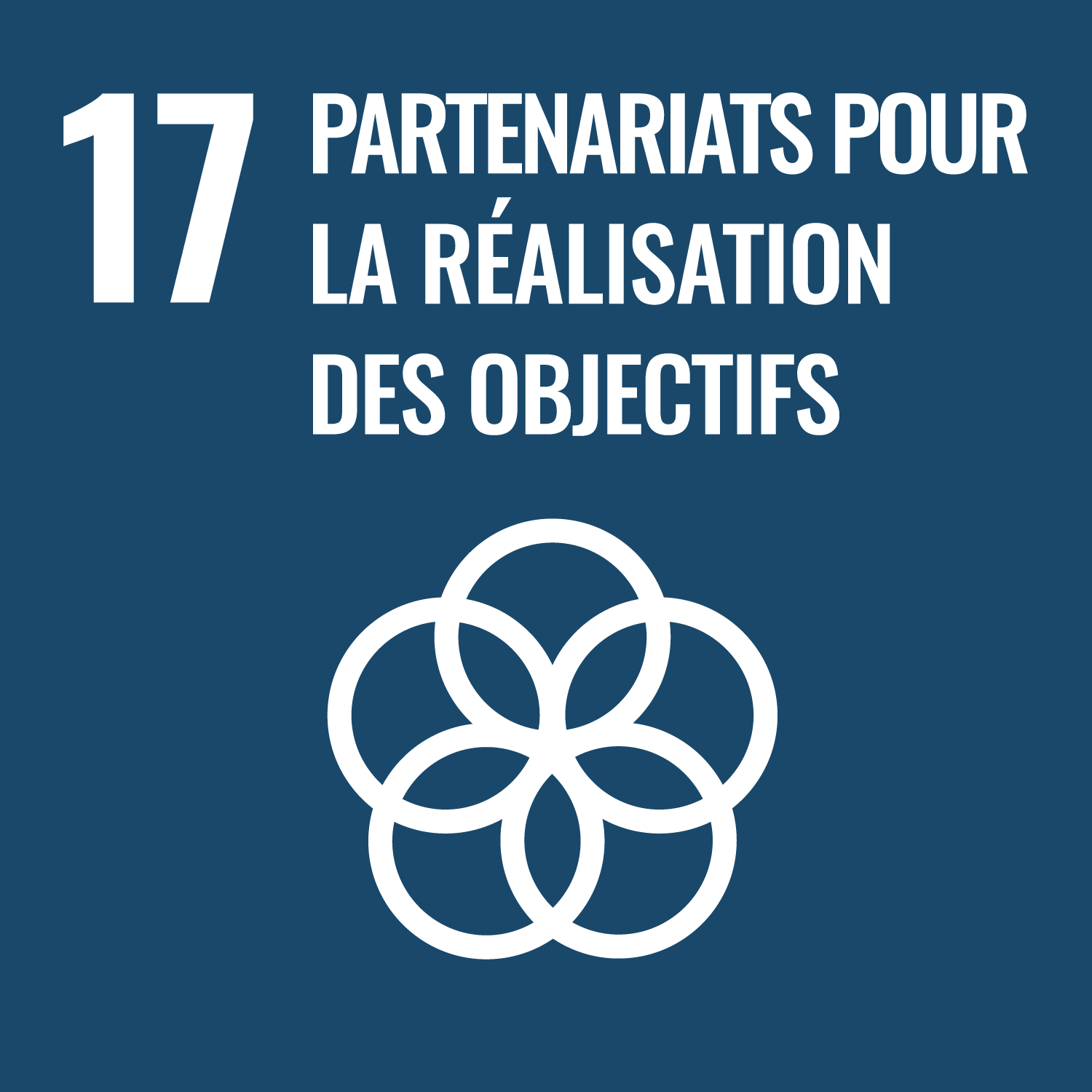At Kersia, we manufacture and distribute a range of solutions for preventing contamination of animals, food and humans, with food safety as our core competence.
Aware that our products have an impact on the planet and living beings, since 2016 we have been committed to a sustainable development approach, which we have called “ACT for a positive impact”.
This Corporate Social Responsibility (CSR) program reflects the Group’s four values: transparency, sharing, competence and anticipation. It enables our employees to get involved in offering our customers ever more respectful, high-quality solutions. All our stakeholders, whether customers, suppliers, authorities, shareholders or local authorities, are involved so that, together, we can contribute to a better world. (double interaction)
Our organization
The whole company mobilized
At Kersia, we believe that improving the Group’s impact is not just a matter for a few, but must be integrated into the day-to-day work of everyone in every department. Our ACT for a positive impact program is based on a solid organization, mobilizing all the company’s forces around an operational committee and local CSR delegates.
The CSR Operational Committee brings together all the corporate functions whose commitment is a prerequisite for improving our impact: Communication, Digital, Finance and Legal, Governance and Regulations, Marketing and Innovation, Supplier and Customer Relations, Human Resources, Purchasing and Industrial Performance.
CSR referents coordinators are responsible for deploying the approach in all the Group’s geographical zones. They act as intermediaries between the CSR department and the subsidiaries, to ensure progress in priority areas. They also retain the freedom to initiate local projects, to ensure a strong local impact. Regular communication between these players ensures that information is shared and regular encouragement given, which is then passed on to employees.
A collaborative platform enables 160 contributors across the Group to provide continuous information on key non-financial indicators (safety, environment, health and well-being, water, plastics, travel, freight, etc.).
Our actions
“Committed & Different ”, Kersia’s Actors of Change program
We want to be a sustainable company, capable of adapting to a changing world, open-minded enough to find new solutions to tomorrow’s challenges. We want to inspire every employee, encouraging them to look outside the usual system, developing their skills so that everyone dares to act differently. This vision has led us to forge closer ties with the Ashoka network, a group of social entrepreneurs, and then to commit in 2019 with this NGO to an ambitious program to transform the Group, which we have called “Committed & Different”.
The aim of the program is, on the one hand, to support a network of social entrepreneurs, and on the other, to encourage this type of approach within the Group itself. In order to involve as many employees as possible, we propose three levels of involvement:
- Join the program for an 8-month training course to become an ambassador and develop your soft skills (entrepreneurial spirit, adaptability, emotional intelligence, creativity, leadership…). Ultimately, we hope that 10-15% of our employees will become ambassadors. With support at the highest level of the company, from their managers, and through cultural encounters, ambassadors are encouraged in their individual initiatives. This joint project contributes to individual changes in mindset, constituting the first step towards collective change.
- Participate freely in regular webinars on various themes (e.g. food insecurity), usually hosted by social enterprises in the Ashoka network.
- Participate in inter-company meetings to share similar initiatives.
Recognition
Proud of our progress towards an increasingly sustainable group, we are committed to recognizing the commitment of our employees, while enabling continuous improvement in our social and environmental performance. This is why we have chosen to be assessed by AFNOR with the Engagés RSE label (based on the ISO 26000 standard), for which we obtained level 3 out of 4, and by Ecovadis, which awarded us the silver medal.
In order to guarantee and improve customer satisfaction, reduce our environmental impact, adapt to climate change, and provide ever safer and healthier working conditions for our employees, we are aiming for triple ISO 9001, ISO 14001 and ISO 45001 certification for all our facilities worldwide. In France, our Hypred, Hypred Distribution and LCB Food Safety sites and activities have already been triple-certified for several years.
In 2024, the Group officially validated its decarbonization trajectory with the Science-Based Target initiative (SBTi). As a result, Kersia is committed to reducing absolute GHG emissions from Scopes 1 and 2 by 42% by 2030, compared with the 2023 baseline year. Kersia is also committed to reducing scope 3 GHG emissions from purchased goods and services, upstream transport and distribution, waste generated by operations, business travel and end-of-life treatment of products sold by 51.6% per million euros of added value, within the same timeframe.
CSR issues
An action plan in line with the United Nations 2030 objectives
In September 2015, a historic United Nations summit saw the adoption of 17 Sustainable Development Goals to 2030, to end all forms of poverty, combat inequality and tackle climate change. 9 of these goals are key issues for Kersia today, given our mission.





